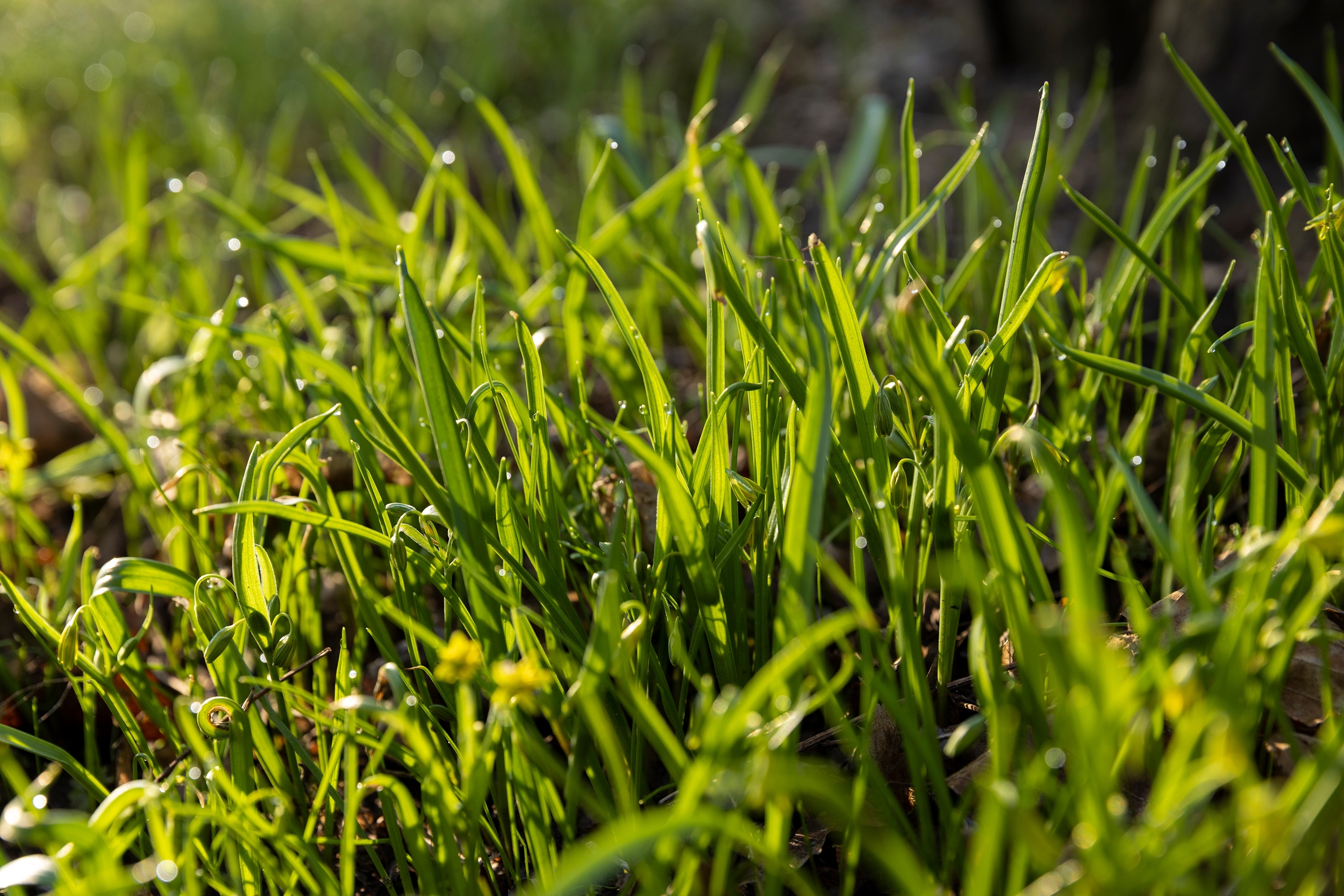
Diagnostic of Squirrel Corn pollen Allergy
Determining a Squirrel Corn pollen allergy involves a multistep procedure, starting with a thorough physical examination. Physicians may look for certain characteristic signs on the skin or eyes, as well the overall health of the respiratory system.
The next stage is an allergy skin prick test. Here, a small quantity of Squirrel Corn pollen extract is superficially pricked into the patient's skin. A localized allergic reaction, such as redness or swelling, within 15-20 minutes can indicate the presence of the allergy.
A blood test can also be used. The IgE test measures the level of Immunoglobulin E, an antibody that goes up when exposed to allergens.
For accurate diagnosis, selected patients may further undergo a nasal provocation test. This involves directly exposing the nasal mucosa to Squirrel Corn pollen and assessing any allergic symptoms.
Nevertheless, it is paramount to consult a healthcare professional for the definitive diagnosis. Remember, diagnosing allergies can sometimes be complex, thus, your full cooperation and transparency are vital in getting accurate results.
Treatment of Squirrel Corn pollen Allergy
Allergen immunotherapy, a revolutionary approach in allergy treatment, marks a turning point for individuals suffering from reactions to specific allergens like Squirrel Corn pollen. This therapy involves gradually introducing the body to the allergen, aiming to develop tolerance and reduce allergic symptoms over time. Sublingual immunotherapy, a key form of this treatment, administers allergens under the tongue in controlled doses. This method has shown promise in significantly decreasing sensitivity to allergens, including Squirrel Corn pollen ,and improving quality of life for allergy sufferers. Curex, an integrated online telemedicine clinic, has adopted this advanced approach to allergy care. They offer customized sublingual immunotherapy, tailored to each individual’s allergy profile. Alongside, Curex provides comprehensive services like at-home concierge allergy testing and symptom management, making it a one-stop solution for those grappling with environmental allergies, asthma, and eczema. Through allergen immunotherapy, we are changing the landscape of allergy treatment, offering hope for long-term relief and effective management of allergic conditions.









.webp)












